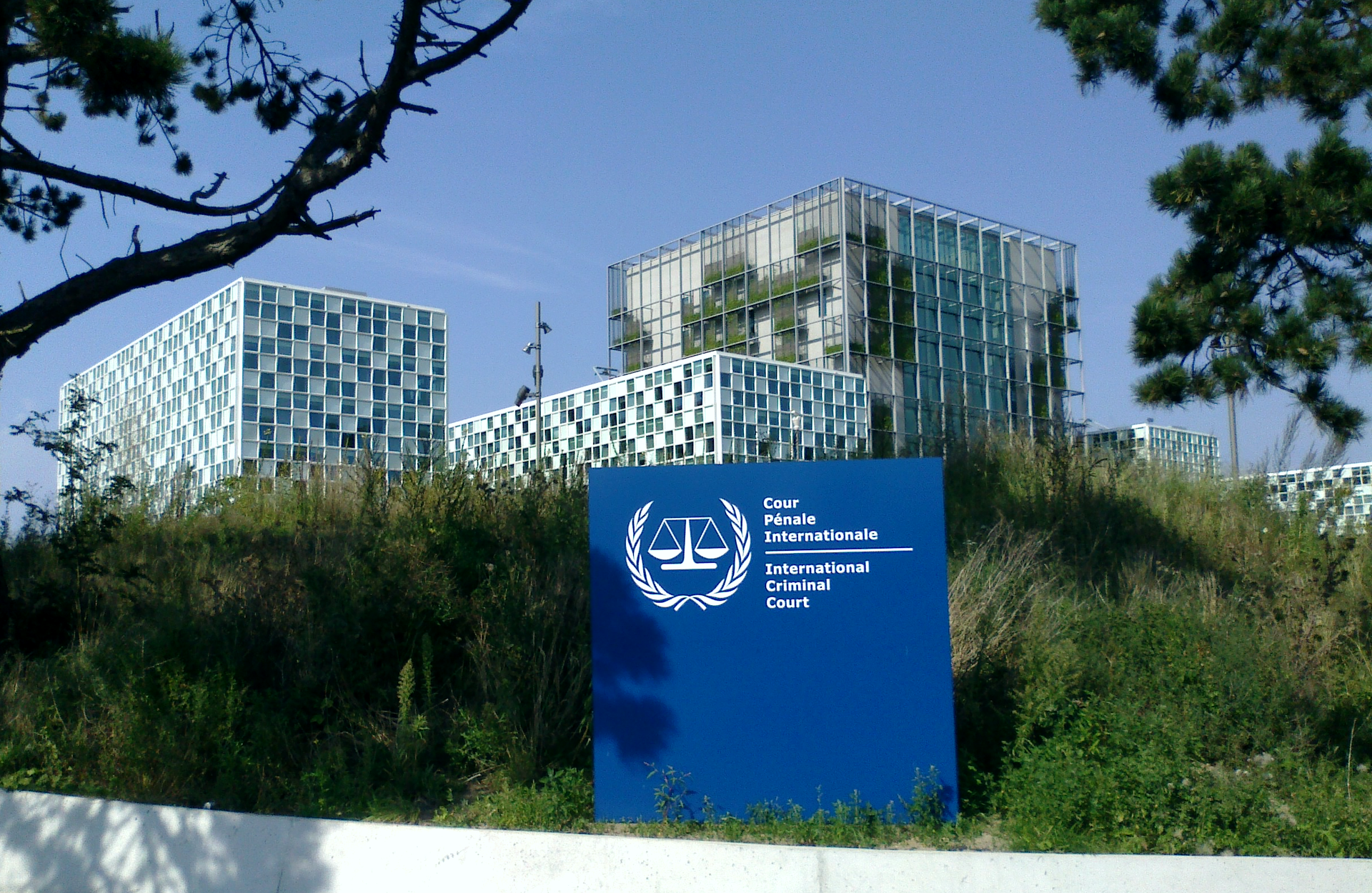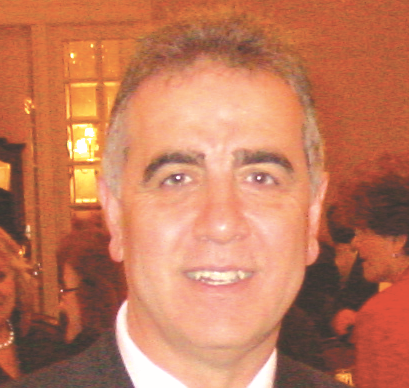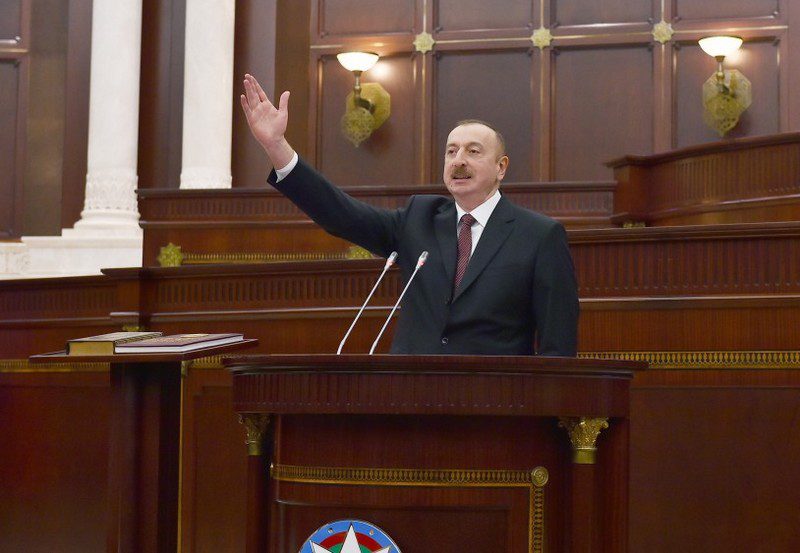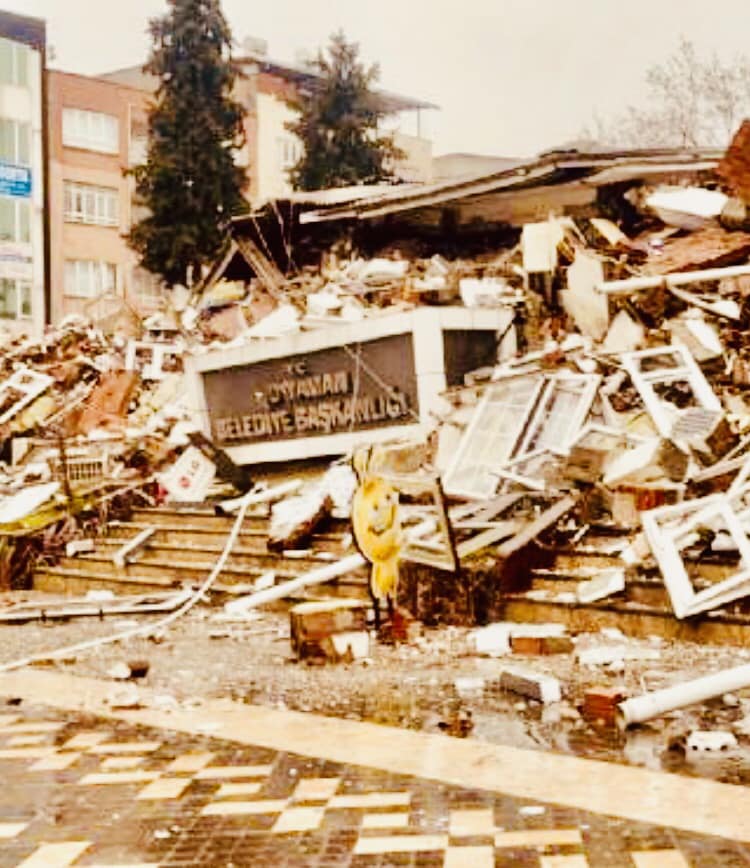Several newspapers announced earlier this month that a major complaint has been submitted to the International Criminal Court (ICC) against Turkey. A group of European legal experts compiled a massive file which included “witness testimonies giving details of torture, state sponsored kidnapping, and wrongful imprisonment” by the Turkish government of its 200,000 opponents.
Both the European Court of Human Rights and U.N. Working Group on Arbitrary Detention had concluded that a large portion of the imprisonments and detentions by Turkey were a violation of the European Convention on Human Rights. They are considered crimes against humanity. The new complaint was delivered to the ICC prosecutor Karim Khan on February 9, but made public on March 1, 2023.
The 4,000-page dossier was prepared by the Belgian law firm Van Steenbrugge Advocaten, Belgium-based NGO Turkey Tribunal, and the European judges association.
“Turkish officials have committed crimes against humanity against hundreds of thousands of opponents of the Erdogan regime,” the submission said. “These crimes amount to a ‘widespread and systematic attack against a civilian population’, meeting the threshold for the ICC to launch proceedings against high ranking officials of the Erdogan regime.”
Even though Turkey is not a signatory to the Rome Statute that had established the ICC, the Court has jurisdiction to pursue these crimes since the Turkish government has committed some of the crimes on the territory of 45 ICC member states: Afghanistan, Albania, Austria, Bangladesh, Belgium, Bosnia Herzegovina, Burkina Faso, Cambodia, Canada, Chad, Congo, Democratic Republic of the Congo, Denmark, France, Gabon, Georgia, Germany, Greece, Guinea, Jordan, Kenya, Liberia, Lithuania, Luxembourg, Madagascar, Mali, Mongolia, Netherlands, Niger, Nigeria, North Macedonia, Peru, Poland, Republic of Moldova, Romania, Senegal, Switzerland, Tajikistan, The Gambia, Tunisia, Uganda, United Kingdom, United Republic of Tanzania, Venezuela, and Zambia.
The complaint states that there were 17 cases of enforced disappearance in which victims were abducted from Kenya, Cambodia, Gabon, Albania, Bulgaria, Moldova, Mongolia and Switzerland and taken back to Turkey. These abductees were accused of being followers of Fethullah Gulen, a US-based Muslim preacher. Pres. Erdogan supported Gulen for many years until their relationship soured. Thousands of Gulen’s followers, including 9,100 police officers, were subsequently fired from their jobs and arrested.
Osman Karaca was seized on October 14, 2019, in Cambodia where he was a school teacher. “After being held incommunicado for four days, Karaca was handed over to Turkish authorities who flew him back to Turkey on a small government jet. He was convicted of leading an armed terrorist group in the 2016 coup attempt, despite the fact he had left Turkey for Cambodia in 2002,” The Guardian reported.
Karaca is one of many Turks abducted from overseas and charged for being a ‘terrorist.’ The legal claim filed against Turkey at the ICC contained statements on the torture of 800 abductees, describing “in detail how torture has been inflicted on a large and consistent scale.”
“This should be investigated,” said Johan Vande Lanotte, a former Belgian deputy prime minister and human rights law professor, who helped set up the Turkish Tribunal. He is leading the effort to persuade the ICC to open an investigation. “The universal basic principles of international law are being violated…. Important members of the (Turkish) government cannot deny they are responsible, because they proclaimed their responsibility proudly.”
The Turkey Tribunal stated that it documented “59 cases of extraterritorial and domestic Enforced Disappearance, relating to 109 persons. While the Turkish state has always denied involvement in domestic disappearances, authorities have consistently boasted about illegal abductions made overseas. Most recently, in July 2021, President Erdogan gave a press conference next to an image of a Turkish teacher proclaiming that he had been abducted from a foreign country. In an arrogant demonstration of impunity, the published image of the abducted person showed clear signs of torture, and he later underwent surgery to treat his broken arm.”
The Turkey Tribunal added: “Concerning the Imprisonments in Violation of Fundamental Rules of International Law, official Turkish statistics show that investigations into alleged membership of a ‘terrorist organization’ were launched against 2,217,000 persons in the period 2015-2021; 560,000 persons were put on trial and 374,000 persons were convicted, 270,000 of whom were found to be members of a terrorist organization.”
Furthermore, according to the Turkey Tribunal, “Official Turkish statistics show that 129,410 public servants have been dismissed and 19,962 teachers had their teaching licenses cancelled, since 2016. In total, 234,419 passports were withdrawn in relation to arbitrary investigations against the alleged members of the Gülen movement. Of these, 155,000 relate to persons against whom no judicial action was launched, such as, for instance, the spouses of the persons against whom an investigation or persecution was launched.”
Former Belgian Deputy Prime Minister Vande Lanotte concluded: “We had the United Nations Working Group on Forced Disappearances look into this, the UN Human Rights Committee, the European Court of Human Rights, and even judges in Turkey itself, and nothing has been done, so this is the last possibility for justice.”






